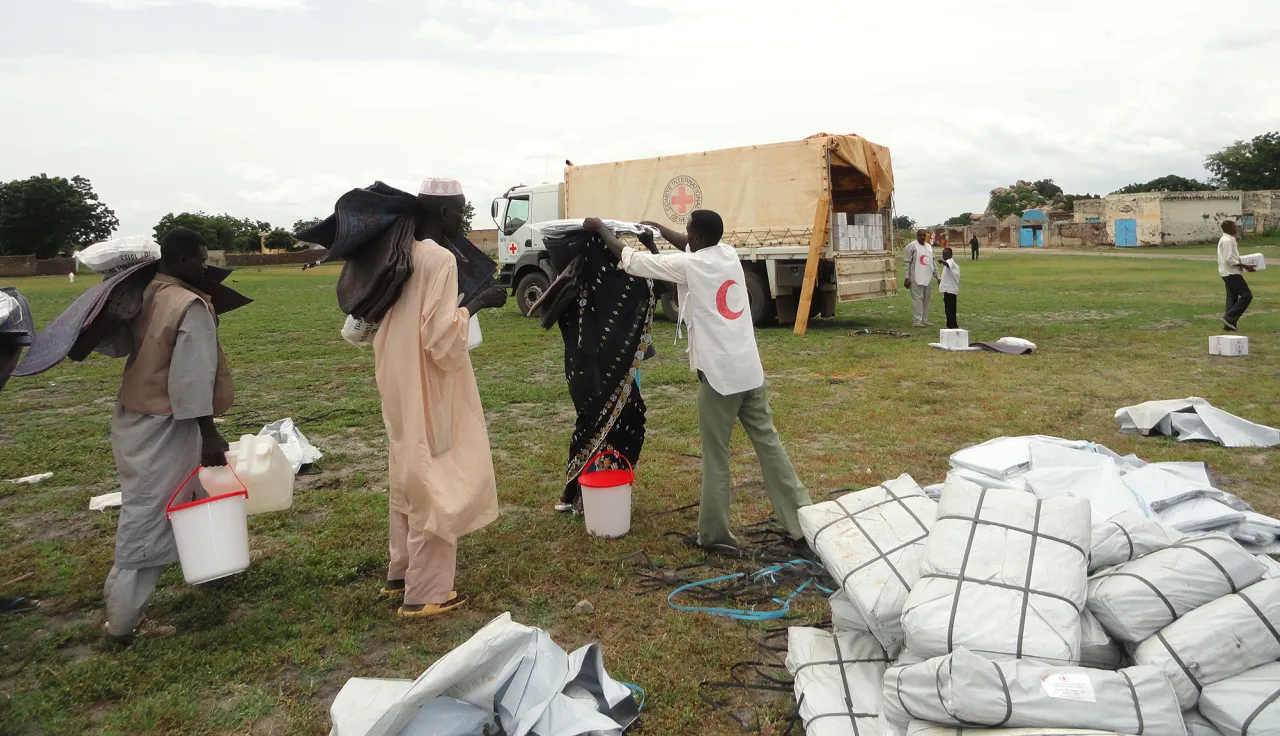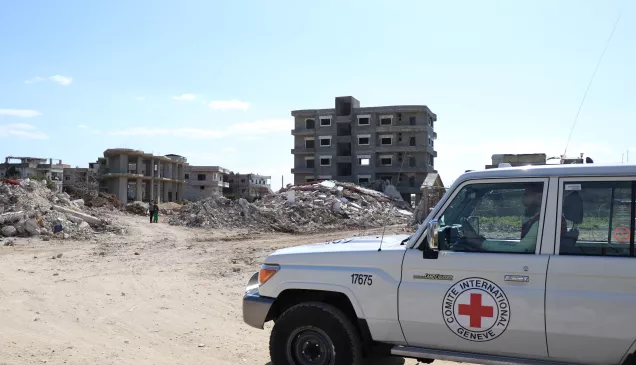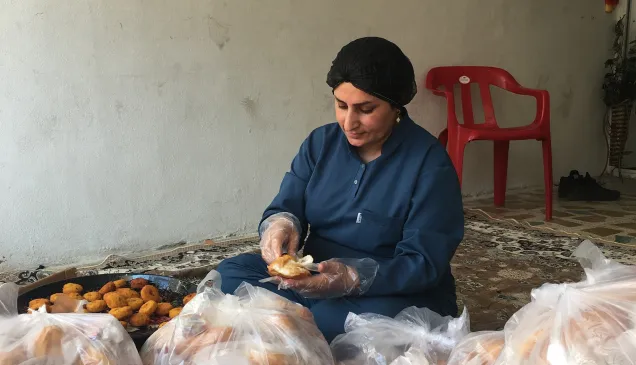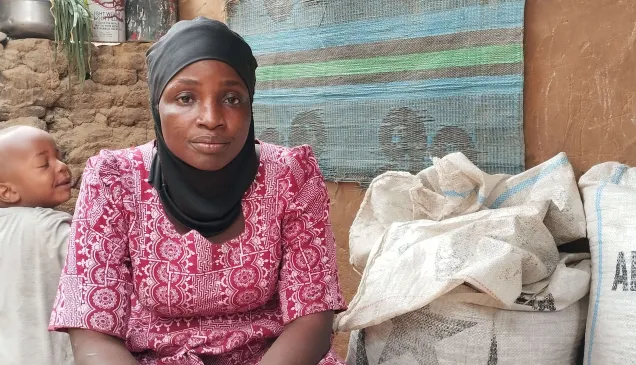Sudan: More aid for conflict-hit families as ICRC reaffirms commitment

Hundreds of thousands of people in Sudan still face great hardship, particularly in the conflict-stricken Darfur region. In the past four months, since the suspension of its work was lifted, the ICRC has gradually stepped up its activities. It has distributed food to 48,000 people in Darfur, and is helping seven limb-fitting and rehabilitation centres across the country assist people with disabilities.
Eric Marclay is head of operations for East Africa. He explains that the ICRC is now asking donors for an additional 25 million Swiss francs (about 26 million dollars) to reach more people in dire need, adding up to about 30 million Swiss francs.
What is the ICRC's standing in Sudan?
 Last year we negotiated a new country agreement with the Republic of the Sudan. This legal document puts our relations with the Sudanese authorities on a sound footing and enables us to resume our work. We hope that the Sudanese authorities will give us the continued support we need so that we can go back to the relevant areas in the field. We will go on helping thousands of displaced people in Darfur, where the ICRC has been working since 2003.
Last year we negotiated a new country agreement with the Republic of the Sudan. This legal document puts our relations with the Sudanese authorities on a sound footing and enables us to resume our work. We hope that the Sudanese authorities will give us the continued support we need so that we can go back to the relevant areas in the field. We will go on helping thousands of displaced people in Darfur, where the ICRC has been working since 2003.
What do the people affected by the conflicts need most?
The situation in Sudan remains highly complex. The different conflicts have direct repercussions on civilians forced by the violence to flee their homes. Unable to return home, they need food, clean drinking water, essential household items and medical care. We started this year with a limited budget of five million francs (5.2 million dollars). Before assisting these extremely vulnerable people, we first have to assess their needs to make sure our response is appropriate. This assessment also helps us ensure transparency in spending the funds we are asking for. We're very happy to be working again in Sudan.
How will the extra money help these people?
First we plan to expand our activities in Darfur, where the ongoing conflict is still taking a heavy toll on civilians. We have identified the most urgent needs and have worked with other humanitarian agencies to plan food and seed distributions. We want to assist both the displaced and host communities directly. We want to help them be more self-sufficient from one agricultural season to the next. Seed and tools are needed now to prepare for the next planting season. The additional funding will also finance medical care and the building of water and sanitation facilities.
Acting as a neutral intermediary, the ICRC facilitates the release and repatriation of soldiers and civilians captured by the parties to conflict. We are also working closely with the Sudanese Red Crescent Society to trace and reunite members of families separated by the fighting.
Do you plan to extend your activities to other parts of the country?
We've suggested an operation to bring humanitarian aid to displaced and resident communities in Blue Nile and South Kordofan, which are also affected by the conflict. Access to these states has not yet been arranged, but we will continue our dialogue with the Sudanese authorities so that we can do our purely humanitarian work in a completely neutral, independent and impartial manner.
What is ICRC's commitment to the people of Sudan?
The ICRC, which has been working in Sudan since 1978, remains fully committed to the civilian population there, as we do to similarly affected people around the world. Together with the Sudanese Red Crescent Society, our main partner in the country, we will strive to assist the most vulnerable people in the conflict-affected areas. We hope that both our organizations will obtain access to larger areas and will be able to continue working together, each in its own individual role.



